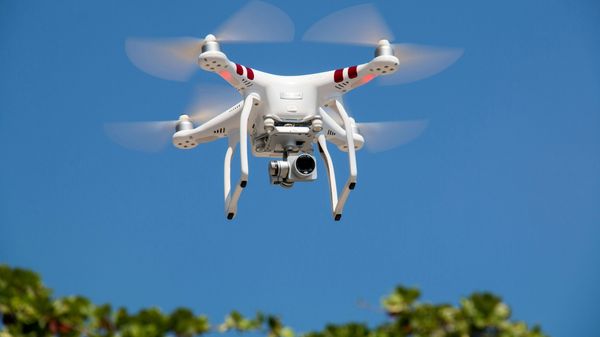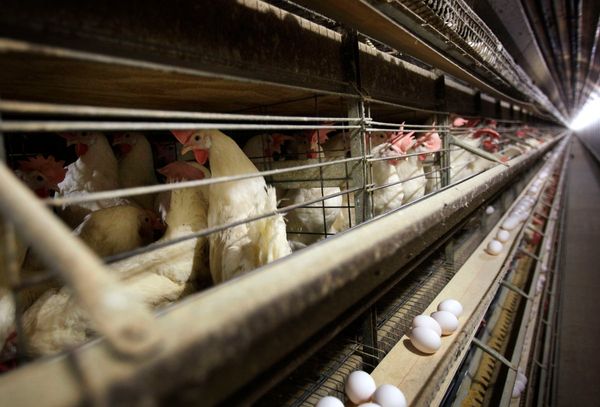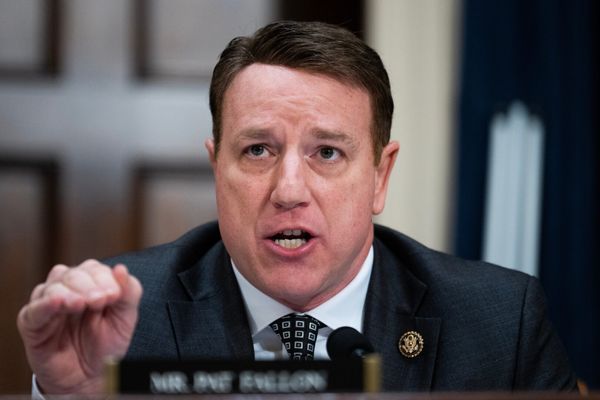
Hours after Xi Jinping wrapped up a state dinner hosted in a lavish 15th-century palace, where he extolled Beijing’s “positive role” in Vladimir Putin’s invasion, Russia sent a swarm of drones to Ukraine that killed seven people in a town south of Kyiv.
Commenting on the attack, the Ukrainian president, Volodymyr Zelenskiy, wrote: “Every time someone tries to hear the word ‘peace’ in Moscow, another order is given there for such criminal strikes.”
In his statement, Zelenskiy made no mention of the Chinese leader’s visit to the Russian capital – a telling omission which analysts say shines a light on his careful approach to China.
“Of course, Ukraine was closely watching the talks,” said Yurii Poita, an expert on China-Ukraine relations at the Kyiv-based New Geopolitics Research Network. “The very fact that Xi travelled to Moscow in a sign of support for Putin is not good news for Ukraine.”
And while worry in Kyiv over the two countries’ deepening economic and military cooperation will only rise after Xi’s trip to Moscow, Zelenskiy is unlikely to say it out loud. “For Ukraine, it is important not to make the situation worse with China. Why anger the dragon when you are already fighting against a bear?” Poita said.
Since the start of the war, Ukrainian officials have avoided publicly criticising China, despite Beijing’s decision to offer Moscow a crucial economic lifeline during the war. Trade data shows that China has stepped in to supply Russia with large volumes of products for civilian and military use, including raw materials and computer chips – vital resources for Moscow to keep its war machine afloat.
And while Zelenskiy has lashed out against Hungary and even Germany for their ties with Russia, Ukraine officially continues to maintain that its relationship with China represents a “strategic partnership”. In an effort to avoid Chinese wrath, Kyiv last year abstained from condemning China in a UN vote over the country’s persecution of its Uyghur Muslim minority.
In an interview last summer, Zelenskiy called on China to use its outsize political and economic influence over Russia to bring an end to the fighting. “It’s a very powerful state. It’s a powerful economy. So it can politically, and economically, influence Russia. And China is a permanent member of the UN security council,” he told the South China Morning Post.
Since then, Xi’s ambitions on the global stage have only grown. Last month, Beijing proposed a 12-point peace plan for dealing with the war. The paper largely reiterated Beijing’s talking points on the Ukraine war, with calls for dialogue, respect for all countries’ territorial sovereignty, and an end to economic sanctions. It urged all parties to avoid nuclear escalation but critically did not suggest Russia withdraw its forces.
Officials in Washington have said China’s peace plan would legitimise Russia’s territorial conquests in Ukraine while giving Moscow time to prepare for a fresh offensive.
Zelenskiy appeared more restrained. “I believe the fact that China started talking about Ukraine is not bad. But the question is what follows the words,” he told reporters after China announced its peace proposal.
“I think some of the Chinese proposals respect international law, and I think we can work on it with China. Why not? Our goal is to gather many around us to isolate one [Russia],” he said, and added: “We would like to have a meeting with China.”
Kyiv has since distanced itself from the peace blueprint by reiterating its official position that any talks would be contingent on the complete restoration of Ukraine’s territory.
“The formula for the successful implementation of China’s ‘Peace Plan’. The first and main point is the capitulation or withdrawal of the Russian occupation troops,” Oleksiy Danilov, the secretary of Ukraine’s national security and defence council, tweeted on Monday.
Observers will now closely watch if Xi’s planned call with Zelenskiy goes ahead, as reported earlier by the Wall Street Journal.
In a subtle sign China is still pursuing a dialogue with Ukraine, People’s Daily, the Chinese Communist party’s flagship newspaper, this week mentioned Zelenskiy by name, the first time it had done so since October 2022, according to the China Media Project research group.
“Ukraine still hopes that China can play some sort of role in the future,” said a person close to the Ukrainian presidential administration. “It is the only actor that at this point has any real leverage over Russia. It is wise to keep the dialogue open.”







